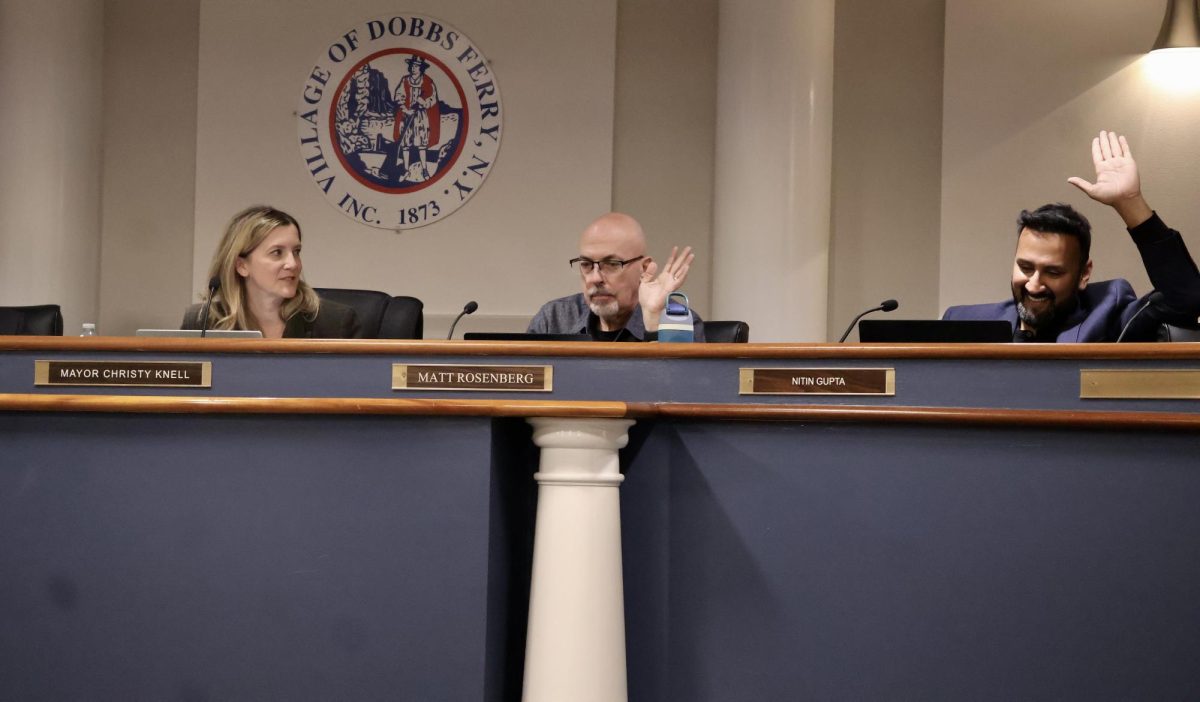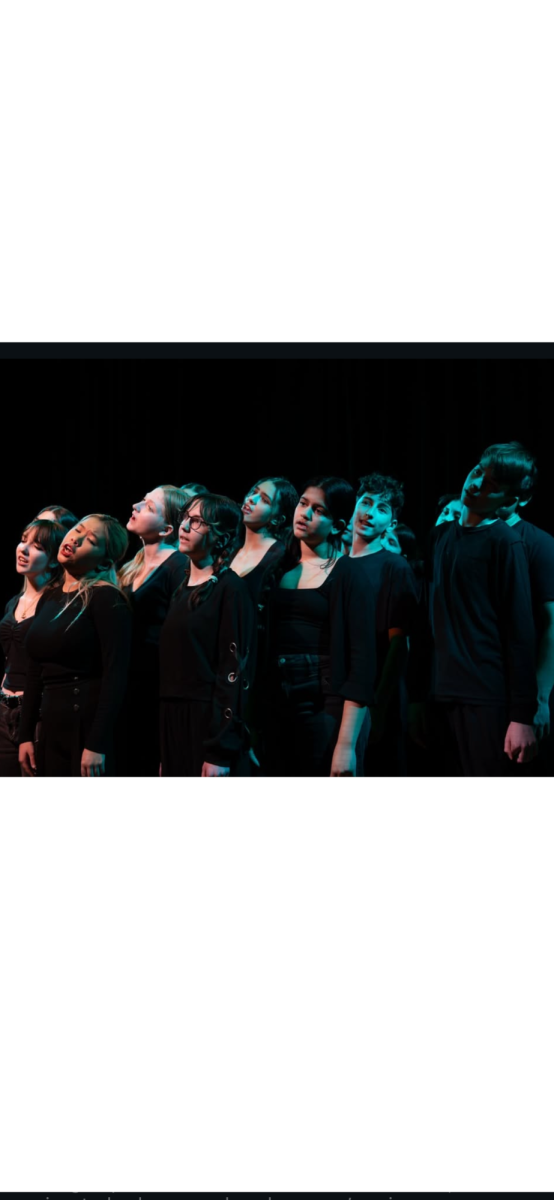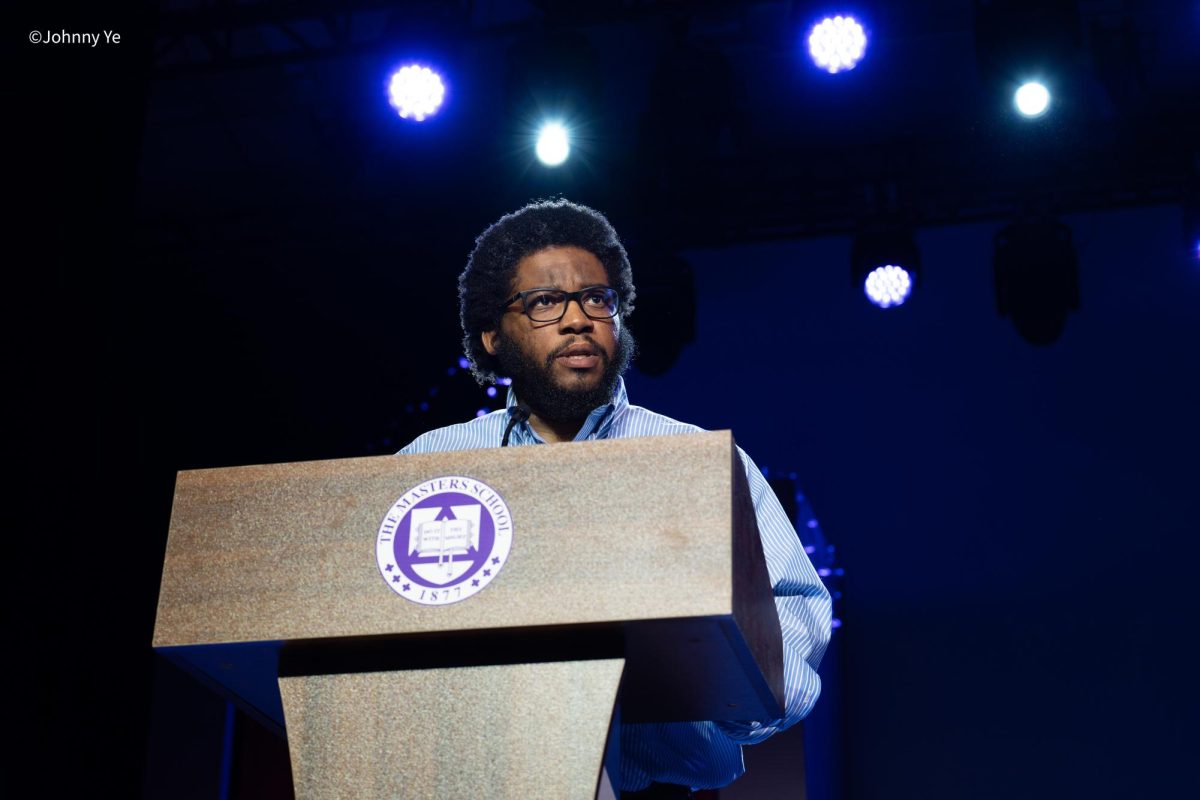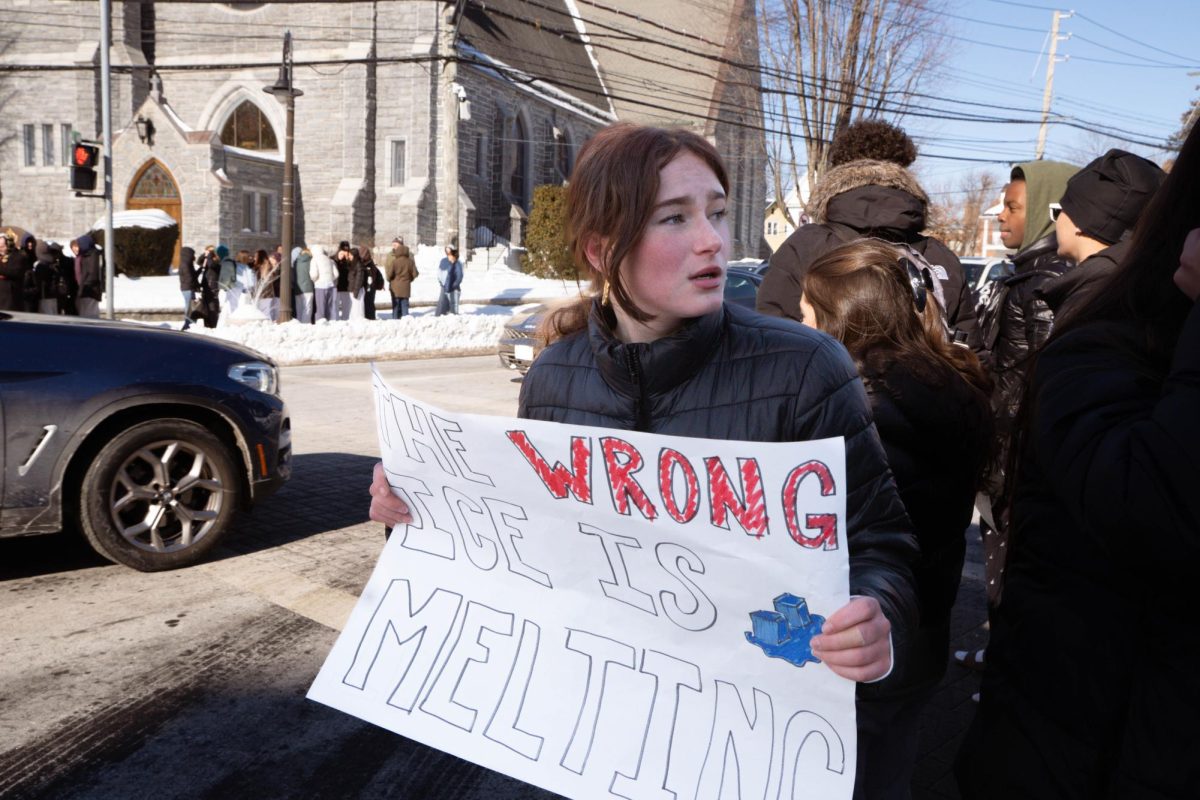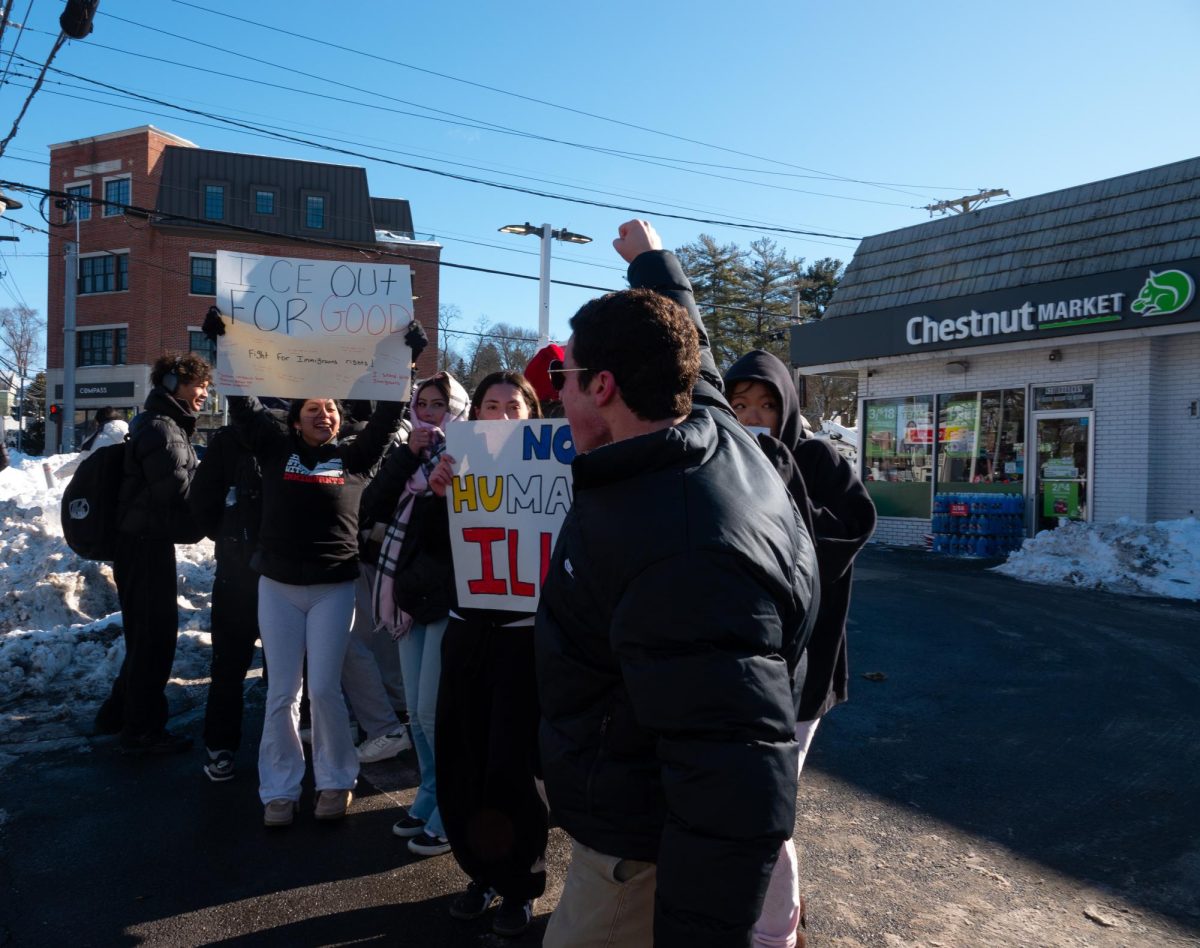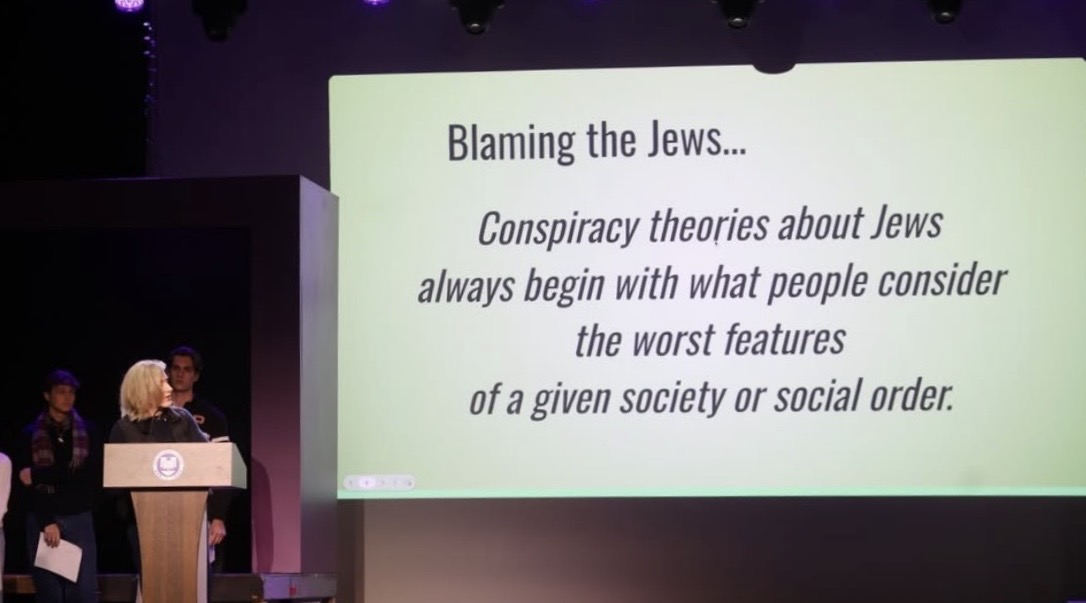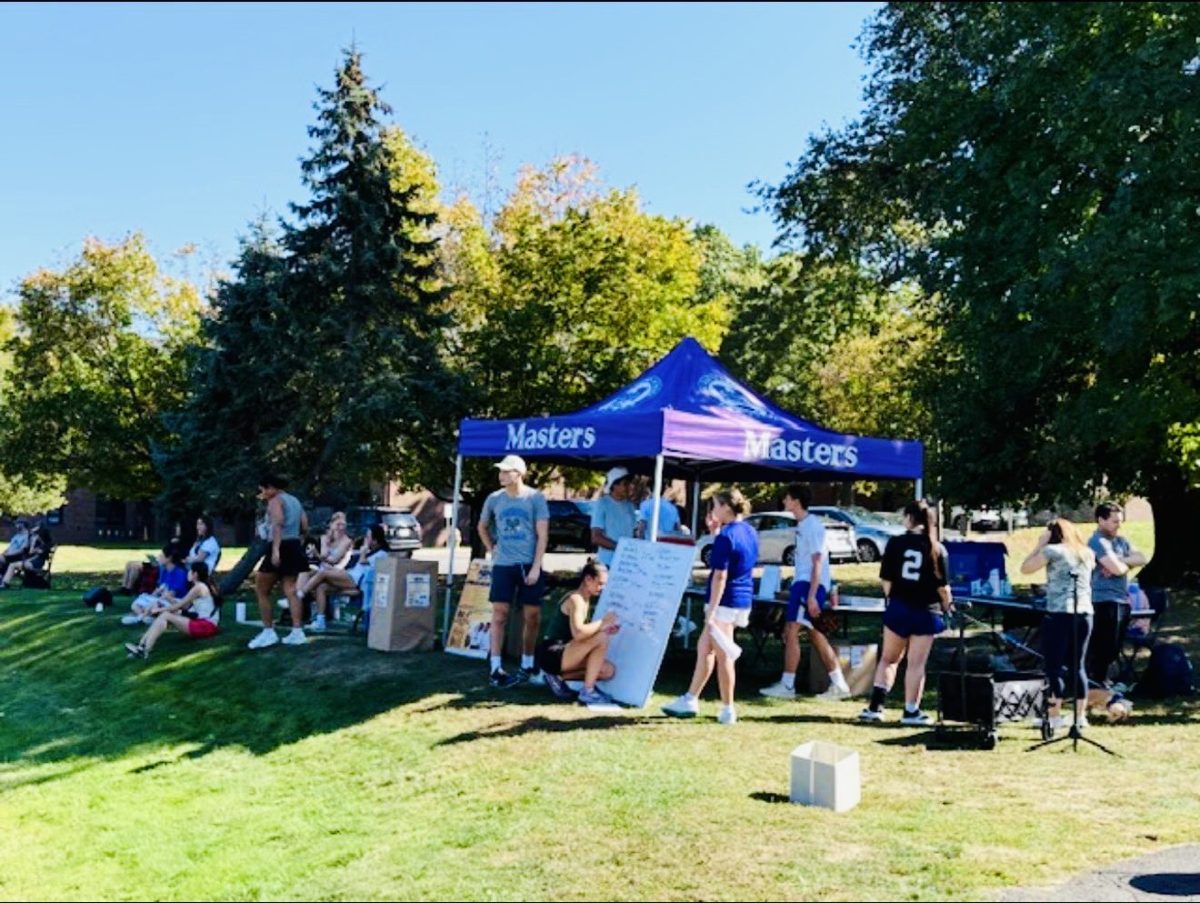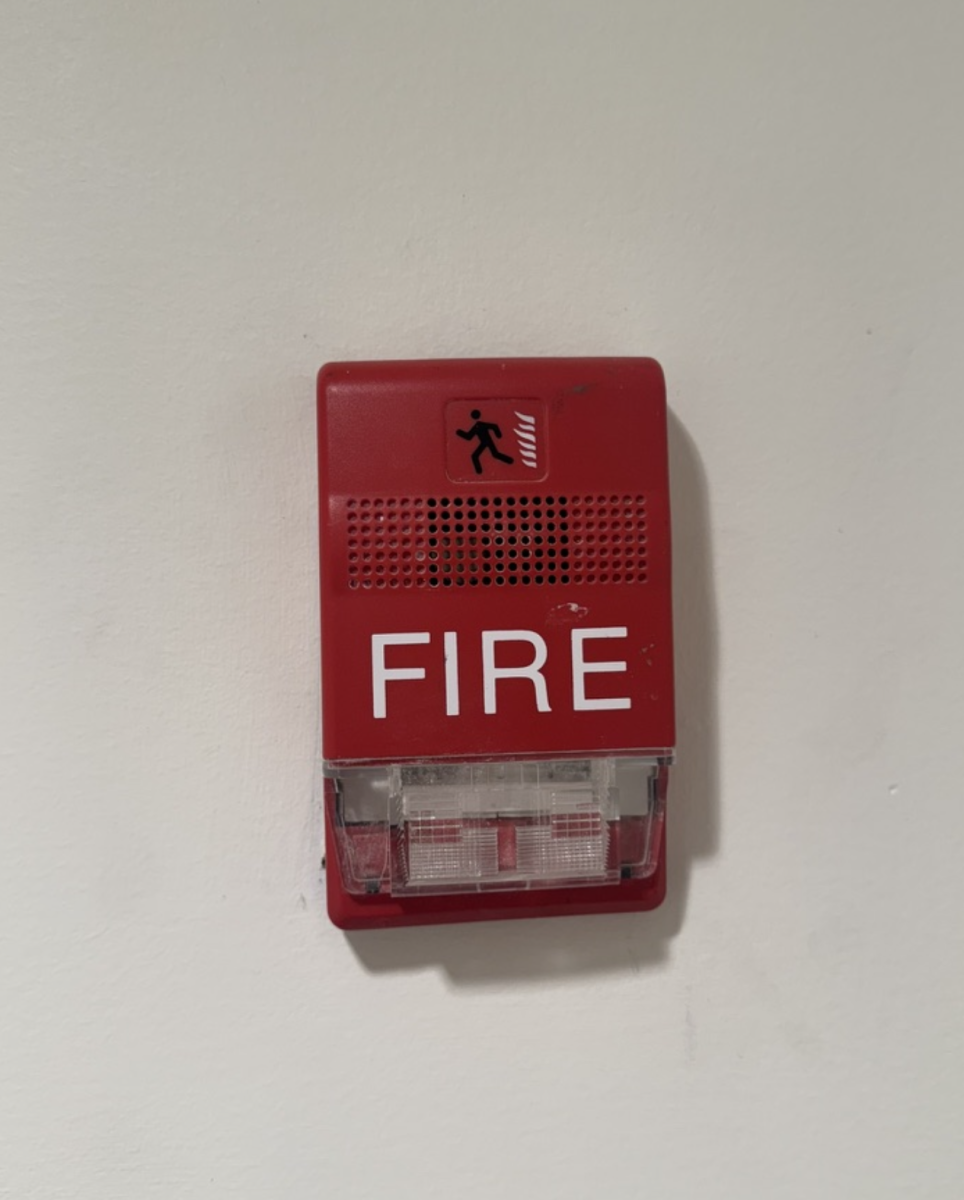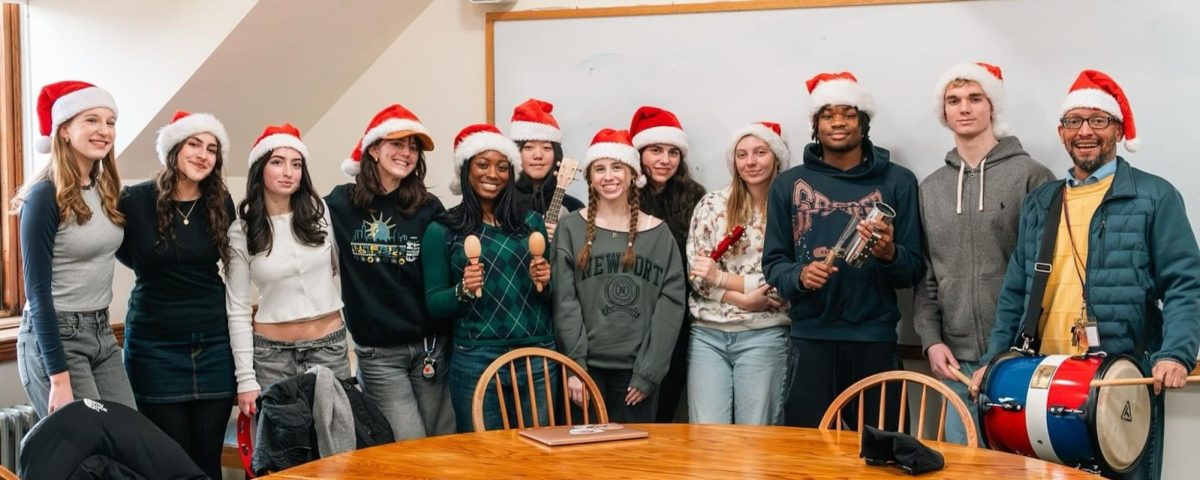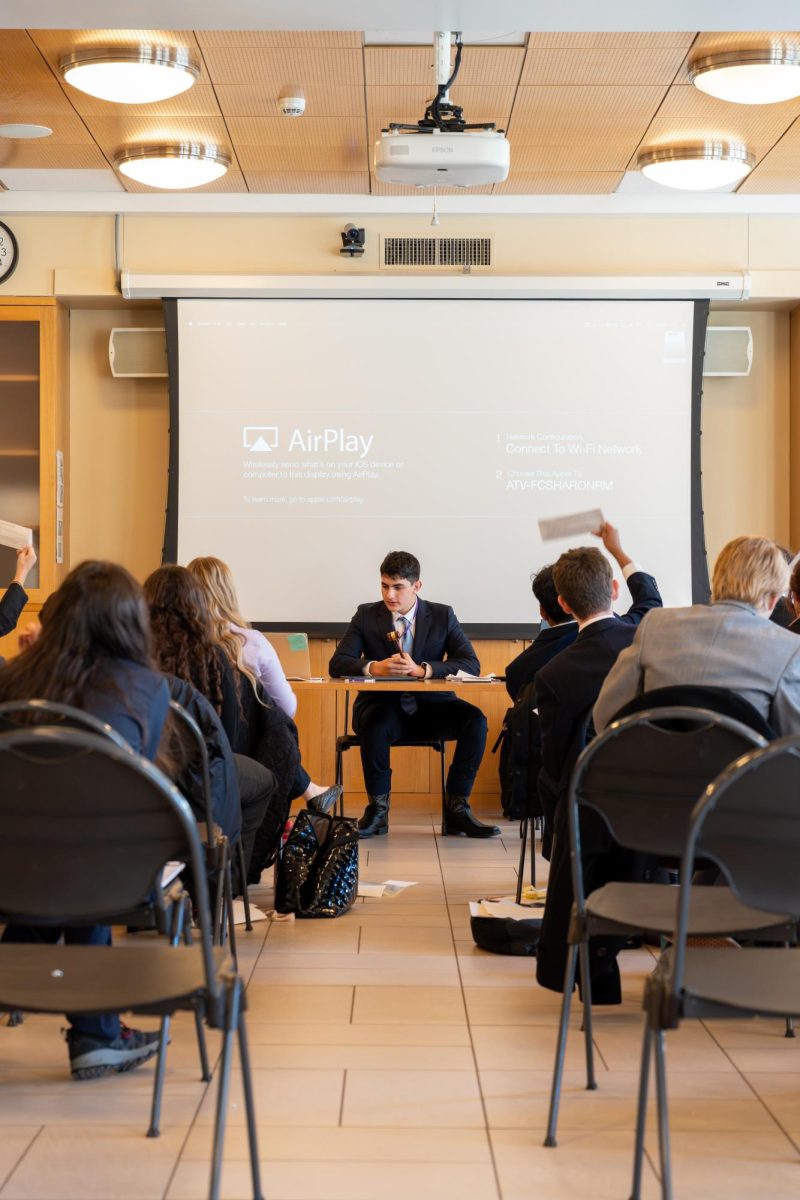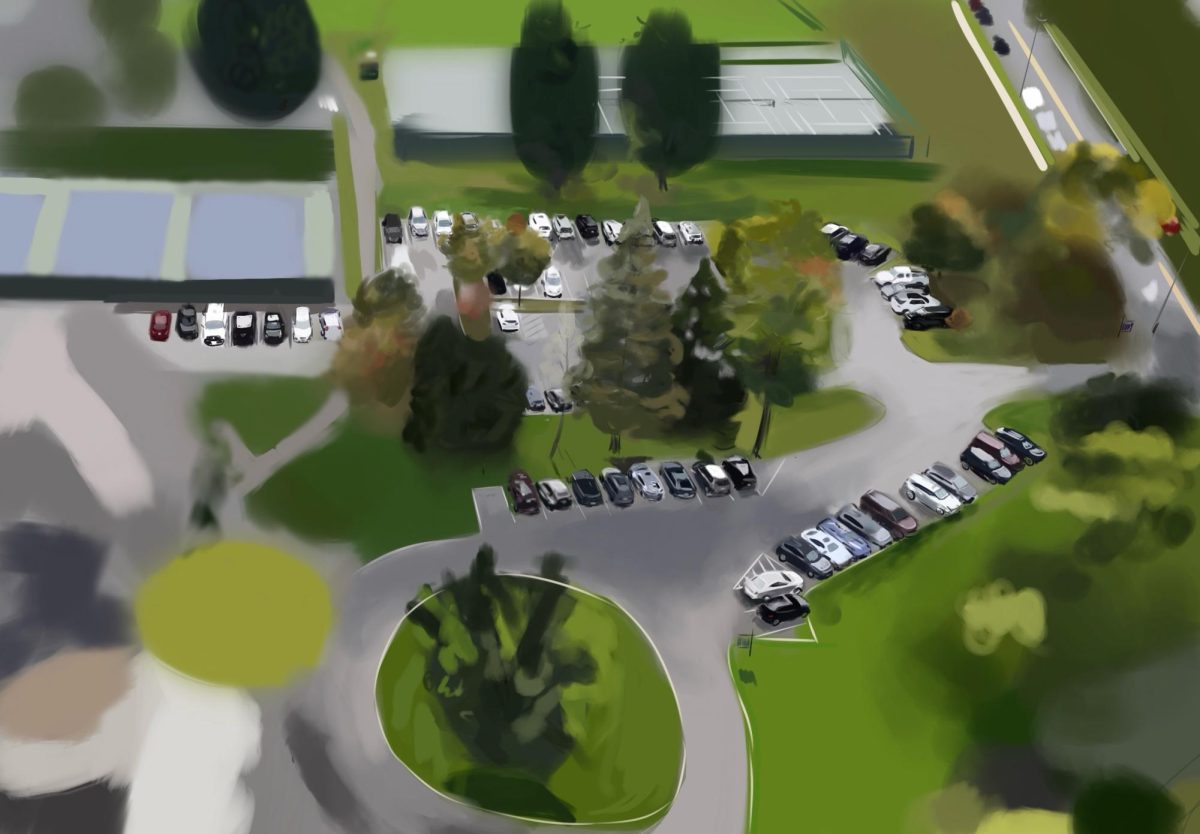Ramadan, observed from March 10 to April 9 this year, is a sacred month for Muslims, centered around fasting, prayer and reflection. In recognition of community members who observe Ramadan, Masters has instituted various accommodations for students observing Ramadan. Additionally, the observance coincided with a group of students’ cultural exchange trip to Senegal during spring break.
To meet the needs of those fasting on campus, Associate Dean of Students and Director of Residential Life Tristan Kishonis coordinated special dining options for boarding students and staff to break their fast after sunset and eat before dawn.
“A lot of my role in this is really about communication,” Kishonis explained. He worked alongside Lee Bergelson, who oversees Brock & Company, Inc. — the school’s dining provider — and the dining staff to provide late-night dining options for fasting students.
Kishonis elaborated on the various ways students could access these accommodations, explaining, “One of the things that I had asked of the dorm parents who were on duty was to announce in a dorm meeting that this would be something provided in the community.”
He further outlined the process for observing students, “And if anyone was interested, they could email me directly, they could arrange to come and meet with me, or they could speak with their dorm parent afterward in a space where they felt comfortable.”
Additionally, security measures were also implemented. “That list was also shared directly with our security team,” Kishonis noted, “so they knew, ‘These are the individuals who should be going in and out of the dining hall at these times.’”
In alignment with this, the Center for Inclusive Excellence (CIE) opened its lounge space, on the bottom floor of the dining hall, during lunch periods for fasting students who preferred a separate space
Dean for Inclusive Excellence Esperanza Borrero elaborated on these efforts, saying, “I worked closely with Tristan Kishonis… to make sure that students breaking fasts in the dorm have other options so they don’t have to rely on buying themselves food every night.”
Additionally, the CIE worked with Sibora Sadrijaj ‘24, a student who observes Ramadan, to share her personal experiences with the broader school community. Borrero explained, “We were in touch with [Sadrijaj], and we secured some time in Morning Meeting for her to talk about her experience observing Ramadan… That was also just another way to engage the community about what [Ramadan] is and what it might be like for this one person, and share her reflection on it.”
Borrero also discussed some of the ongoing efforts to address the needs of the community: “Right now, we’re working to understand if there’s a need for a Muslim or Muslim/Arab affinity group, so we sent out a survey, and we’re compiling the results right now.”
Hassan Saad, a junior observing Ramadan, commented on the space provided by the CIE, stating, “When they sent me the email that they had a space in the Center for Inclusive Excellence for people who were fasting, I was very appreciative, but at the same time, I still wanted to hang out with my friends. I don’t want to go somewhere where it’s all adults.”
Saad detailed the dining arrangements, explaining, “Some days, they would just leave out the food [from dinner] out a little bit longer, and there were other days – especially the last like five days – where they would make us [seperate food] because the sunset was so late.”




